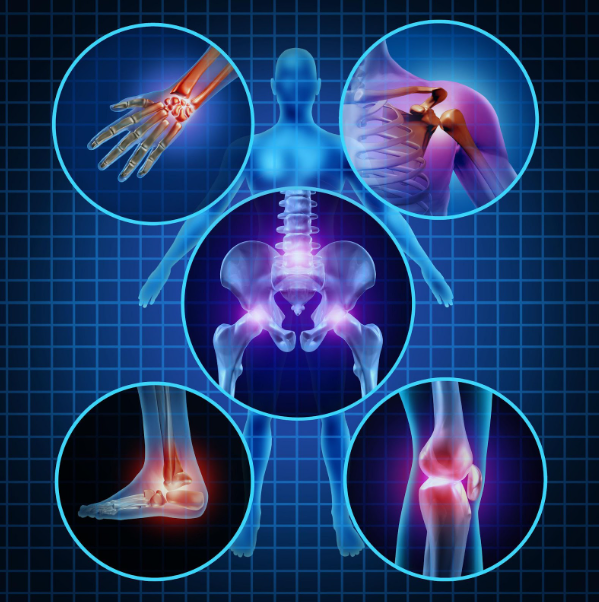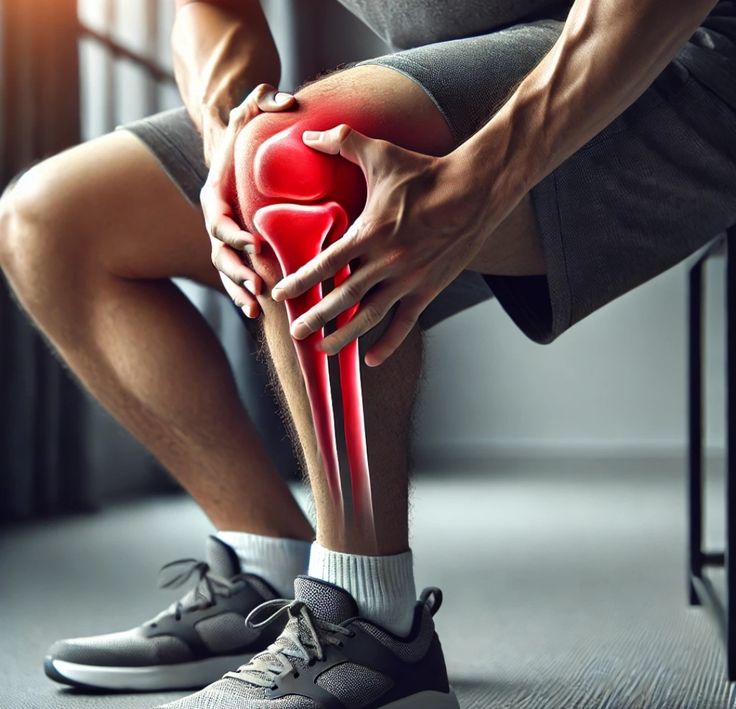
Glyra Orthopaedics is a chain of super-specialty orthopedic clinics in Delhi and NCR. At Glyra Orthopaedics, we are committed to providing world-class orthopedic care to help our patients regain mobility, reduce pain, and improve their quality of life. As a leading bone and joint clinic, we specialize in a wide range of orthopedic treatments and surgeries, including joint replacements, sports injury management, spine care, fracture treatment, and minimally invasive procedures.
Our team of highly skilled and experienced orthopedic surgeons, supported by advanced medical technology, ensures precise diagnoses and personalized treatment plans tailored to each patient’s needs. We believe in a patient-centric approach, focusing on compassionate care, innovative techniques, and long-term wellness solutions.
Whether you are suffering from chronic joint pain, recovering from an injury, or seeking specialized orthopedic surgery, Glyra Orthopaedics is here to provide expert care and guidance at every step. Your mobility, comfort, and well-being are our top priorities.
Our Blogs
Latest News & Articles
Bone and Joint Specialist Near Me | Expert Orthopedic Care
Bone and Joint Specialist Near Me | Expert Orthopedic Care If you’ve been suffering with pain, stiffness or...
Knee Replacement Surgery Solutions at Glyra Orthopaedics
Knee Replacement Surgery Solutions at Glyra OrthopaedicsIf you’ve been struggling with knee problems, it may be time to...
Best Hip Doctor in West Delhi
Finding the Best Hip Doctor: Your Guide to Hip Care in West Delhi Pain or stiffness in your...



